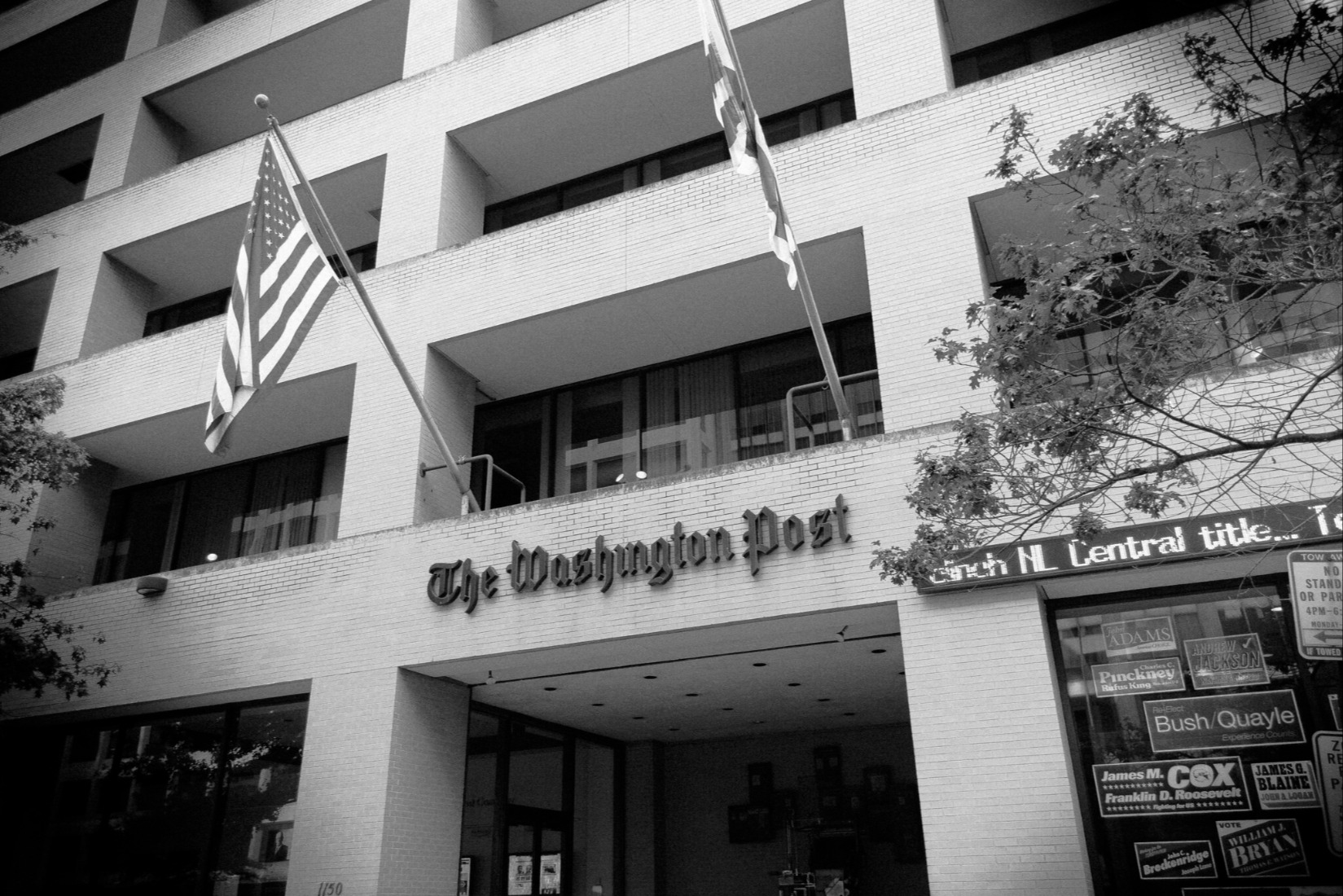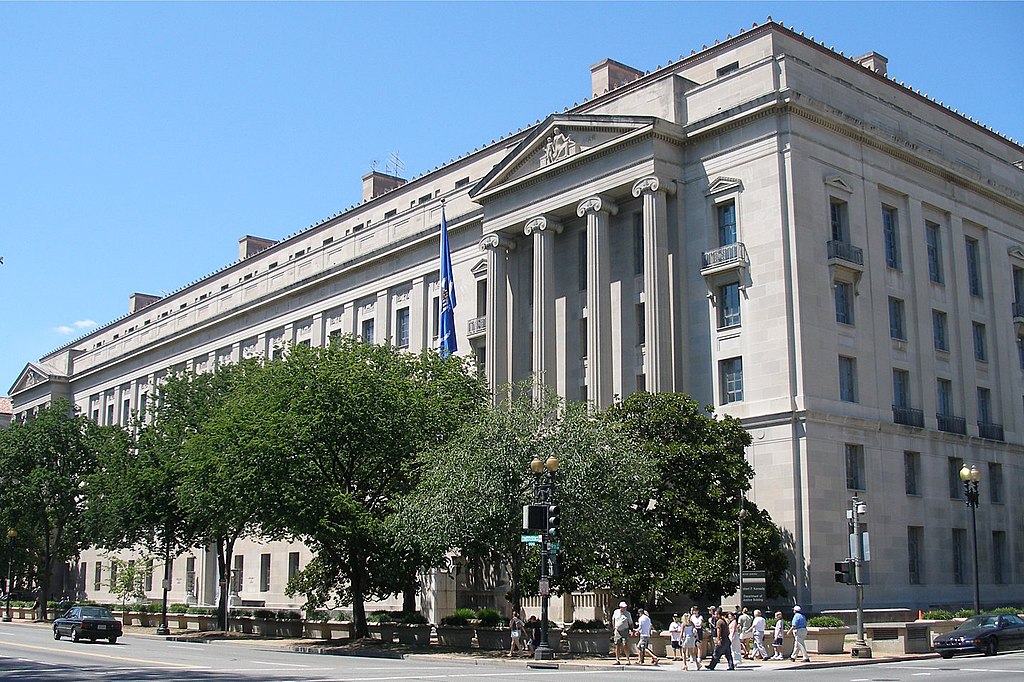Fourth Amendment Reasonableness After Carpenter v. United States
In Carpenter v. United States, the Supreme Court held that the Fourth Amendment applies when the government acquires large amounts of cell-phone location data.
Published by The Lawfare Institute
in Cooperation With

In Carpenter v. United States, the Supreme Court held that the Fourth Amendment applies when the government acquires large amounts of cell-phone location data. Reactions (including several on this site) have focused on the opinion’s cutting back of the third-party doctrine, but little attention has been paid to the court’s holding that the government needed a warrant—not just reasonable process—to get the data. I’ve posted a short essay, forthcoming in the Yale Law Journal Forum, that the Supreme Court was wrong to assume that the government needed a warrant to get the data.
Here is the intro paragraph:
Carpenter v. United States has been recognized as a landmark case in Fourth Amendment law. Commentators have highlighted—and generally lauded—the opinion’s limiting of the third-party doctrine. But just as important as the decision’s effect on the scope of the Fourth Amendment—when the Fourth Amendment applies—is its impact on the amendment’s content. The Supreme Court did far more than find that government acquisition of cell-site location data is subject to the Fourth Amendment. It also held that any process short of a warrant—and thus any level of suspicion short of probable cause—would be inadequate, and on that basis held a law of Congress unconstitutional. This brief essay argues that Carpenter’s application of a strict warrant requirement was a mistake, and that the Court should have instead engaged more directly with the question of whether Congress’s surveillance policymaking was reasonable.
And here is the conclusion:
Civil libertarians might object that a reasonableness-focused approach will allow “too much” government surveillance and that we should stick with Carpenter’s broad-scope/high-requirement approach. Putting aside the issue of what evidence would be necessary to establish a particular level of government surveillance as excessive (rather than insufficient or just right), Carpenter’s rigid emphasis on the warrant requirement is likely unsustainable in the long term. As the history of the Fourth Amendment shows, criminal procedure must meet criminal investigations halfway.
If the Supreme Court is serious (as I hope it is) about rolling back the third-party doctrine—if, in other words, it means Carpenter to be the beginning of a Fourth Amendment revolution, not just a one-off case—it will, sooner or later, have to repudiate Carpenter’s suggestion that warrants are required for all digital searches. In the meantime, a critical research agenda in Fourth Amendment scholarship must be to develop an account of what substitutes for warrants are reasonable in a digital age.





